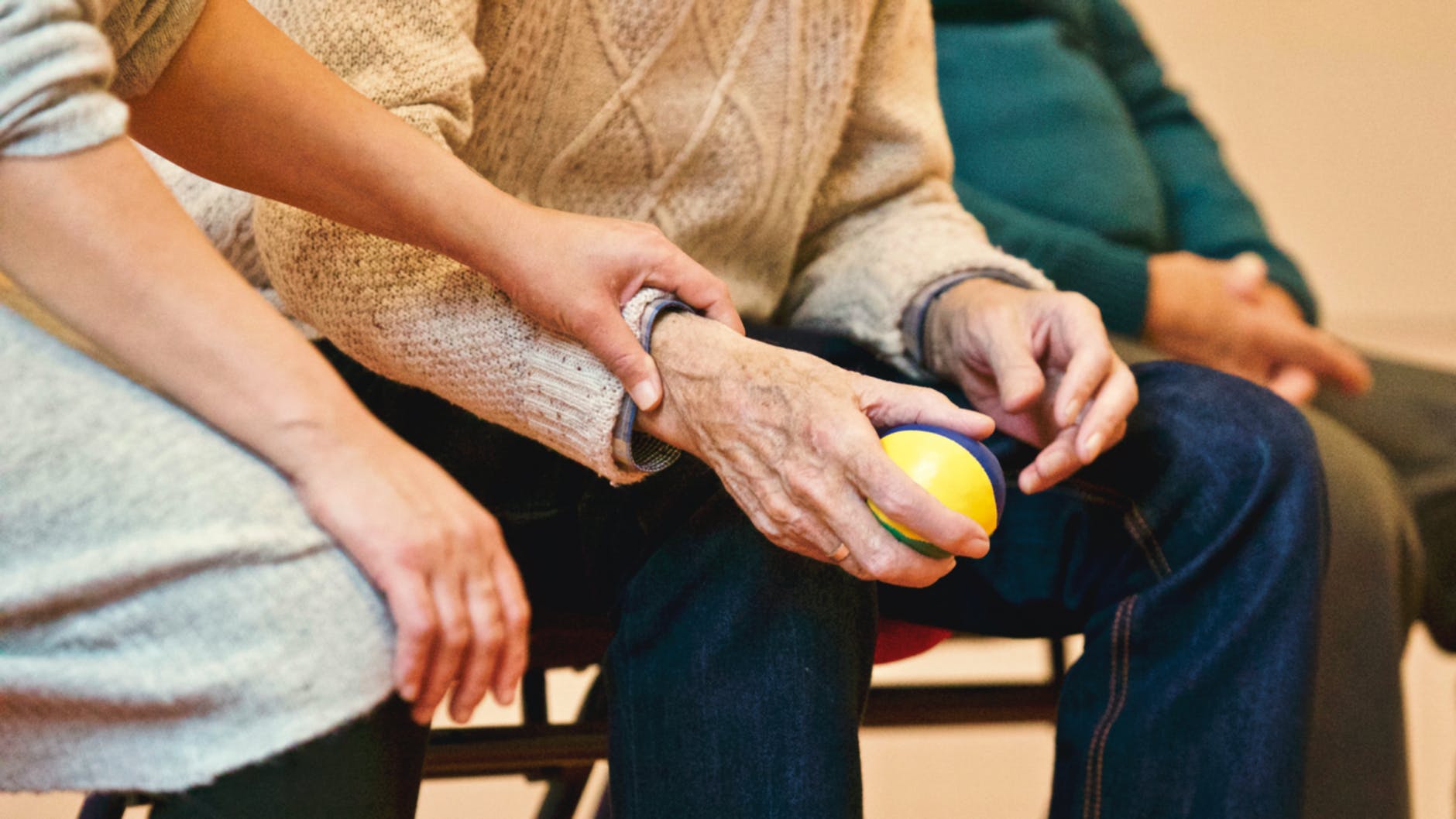With annual university work placements coinciding with unparalleled community need, UNE students are helping to meet "surge workforce" demands.
UNE Field Education Coordinator Erica Russ says she has received multiple requests from organisations eager to recruit trainee social workers into roles in aged care, as case worker support staff for the NSW Department of Communities and Justice, and to boost Queensland Health staffing needs. "Some of our students have applied for these roles," Erica says. "Those who have continued with their placements are also bolstering the workforce, releasing more experienced professionals for frontline work.
"As social issues increase due to COVID, we expect to see a spike in demand for social workers. As a university with many students studying online, the skills our students have are valuable to online service delivery in a sector where services are increasingly having to be provided online or through telehealth."
UNE has about 70 third- and fourth-year social worker students completing placements in community agencies, schools, aged care facilities, and mental health centres. Some have also transitioned to telehealth provision for the likes of Lifeline and St Vincent de Paul. Others are continuing face-to-face consultations, albeit at a distance.
"It is not only valuable work experience," Erica says. "Our students are actively engaged in helping individuals and families experiencing stress."
Students will be 'highly valued'
In coming weeks, up to 250 second- and third-year UNE nursing students will also provide essential care across NSW and Queensland in hospitals, GP clinics, community clinics, mental health units and aged care facilities. While they are unlikely to be directly deployed as part of a COVID-19 response, their dedication will prepare them well for contributions later this year, according to Work Integrated Learning Coordinator for UNE's Faculty of Medicine and Health, Jillian Fitzgerald.
"Our nursing students are currently in supernumerary roles, but they are actively participating in patient care, and in a short time they will be out on the floor providing important back-up that our stretched healthcare workforce may need," she says.
It's a credit to these students that they remain dedicated to their education and to developing their skills under these circumstances.
"They will be highly valued when they are registered."
In these troubled times, UNE social work students have similarly stepped up to the challenge in our schools. They have found themselves bridging the divide between schools and distressed or ill-equipped families now home-schooling. Until the Federal Government rolls out its promised mental health teams in high schools, welfare and wellbeing rests with the schools themselves.
Participants in the Social Work in Schools (SWiS) program pioneered by UNE are helping schools to connect with their families, many of whom are dealing with job loss and financial strain.
Fostering school-home relationships
"Most of the students our social work students assist are from lower socio-economic backgrounds; a significant number don't have adequate Internet access or computers at home," says SWiS project officer Scott Gartshore. "Our UNE students are producing and distributing information and resources, in both print and online versions, to parents and schoolchildren to help them cope, maintaining one-on-one online sessions, and looking to establish online classrooms for group activities and chats where they can.
"Some of these are for vulnerable school students who move between families or may be in and out of foster care, and many parents have lost their jobs. Imagine also struggling to supervise your child's education, looking for another job, speaking to the bank about your finances, and getting dinner on the table. There's a lot of stress, and we are already seeing a rise in family or domestic violence. Positive relationships between schools and parents are very important."
Scott says some schools have transferred their wellbeing programs online with ease, but these programs may not be reaching those who really need it. He also fears that moving so much learning online provides "a real opportunity for cyber bullying to go to a whole new level".
"Some children are feeling very disconnected, and that disconnect could really affect their future schooling," he says. "The 10 schools that we are working in appreciate the contributions our social work students are making, and I think demand for our program will only grow."


